Baroque Abroad: Hello from America
Written by Michael Lukin, conductor and historical keyboardist, a HIP Company associate artist currently based in USA, next performing with us by video for Bach Together Again.
7th August, 2021.
COVID; 2020; live music; USA – not exactly a combination made in heaven. Upon leaving Perth, WA on September 30th last year, it was impossible to predict the world into which I was arriving.
My Master of Music in conducting at Yale University really began in the loungeroom of my family home in Claremont in early September 2020. It initially consisted of me conducting an octet of friends with my teacher David Hill observing (as best he could) and offering guidance over Zoom from his home office in the UK. It was the beginning of a steep learning curve as musicians all over the world grappled with the machinations of this new medium of communication.
In my mind, conducting has truly been the most difficult “instrument” to study during COVID because it necessarily relies on real-time interaction between performers and a director. Though useful, there is only so much to be gained from conducting pre-recorded music in one’s bedroom. My first musical experience in America was not particularly promising – eight singers sight-reading double choir music in a quadrangle, outside, twelve feet apart from each other, wearing masks. Not exactly the ideal way to start… Fortunately, it got better from there!
There are many silver linings to take away from my first year at Yale. As a result of COVID, individual conducting lessons involved the student waving their arms in front of an accompanist playing full score reductions in a practice room while the teacher observed through a combination of cameras and microphones setup via Zoom. Once one adapted to the fact that there was a two second lag on any given call, Zoom proved itself to be a surprisingly useful medium of instruction. Conducting into a camera means that every element of gesture is quite clearly observable and, moreover, one can record the entire lesson, enabling the possibility of reviewing footage at any point after the event and analysing what needs to be improved.
My podium opportunities substantially improved after the first week, moving indoors and adding an organ to the mix of singers. Weekly rehearsals were videoed and the footage analysed with student and teacher together in the next lesson, providing sequential opportunities for improvement and new tricks to employ in the following rehearsal. Having conducted a performance of Rejoice in the Lamb by Benjamin Britten at the end of first semester, I concluded my formal conducting assessments with a performance of Leonard Bernstein’s “Chichester Psalms” accompanied by organ, harp, and percussion.
To reflect upon another silver lining, in an ironic sort of way, I think COVID has found ways to bring people together and make the world a little smaller in spite of our physical separation from one another. Our regular virtual rehearsals and meetings this past year enabled us to connect with and learn from some of the most distinguished directors, performers, and composers in the business. It was particularly exciting for me be in a (virtual) room with Masaaki Suzuki (of Bach Collegium Japan), Simon Halsey, Roderick Williams, and Caroline Shaw, to name but a few – opportunities I almost certainly would not have had were we in a “normal” year.
HIPsters back home will be relieved to hear that I have managed to keep up my continuing education of early music, albeit on a less regular basis than were I to still be in Perth with my fabulous colleagues Bonnie, Sarah, Krista (and Co.). Having taken a unit in first semester entitled “Performance Practice Before 1750”, I was able to put this knowledge to good use recording Bach’s second French Suite (more Bach!) for the final assessment and then performing continuo in a fellow student conductor’s recital, consisting of a programme of works by Handel and Bologne.
Moving forward, the 2021-22 academic year promises to be more exciting than the last at Yale. Rising vaccination numbers have resulted in a lessening of social distancing restrictions at the university, allowing for a substantial increase in the number and variety of performing opportunities. I am particularly looking forward to commencing the position of Director of Music at Yale’s Battell Chapel in the coming academic year, as well as the resumption of Schola Cantorum (Yale’s premier choir) which has not met in person since March 2019!
As I write this blog, I am about to fly back into New York City where I will be staying for the week before heading back up to Yale in New Haven, Connecticut. I have strict instructions to record the harpsichord part for Bach’s “Ich Habe Genug” before the end of the month, so I should probably finish this blog and get back to a (tuned) keyboard... On a final note, it is comforting to realise that this artform we enjoy so much continually evolves to find ways of connecting people despite all the barriers life throws at us. I, for one, am looking forward to seeing the final product of this “Bach Together Again” project and cherish the opportunity to collaborate with friends, though very far apart, “together”.
About Michael:
An accomplished keyboardist, Michael Lukin is currently studying a Master of Music in Conducting at Yale University in the USA, as a Postgraduate Fulbright Scholar. Michael holds an AMusA in piano performance, and an AMusA and LMusA in organ performance from the Australian Music Examinations Board, winning the A. J. Leckie Memorial Award for the best diploma candidate in WA in 2015. Having served as the Assistant Organist of St George’s Cathedral from 2016-2019, Michael graduated from the Western Australian Academy of Performing Arts in 2019 with a Bachelor of Music with first-class honours where he specialised in historical keyboard performance with Stewart Smith and Geoffrey Lancaster.

